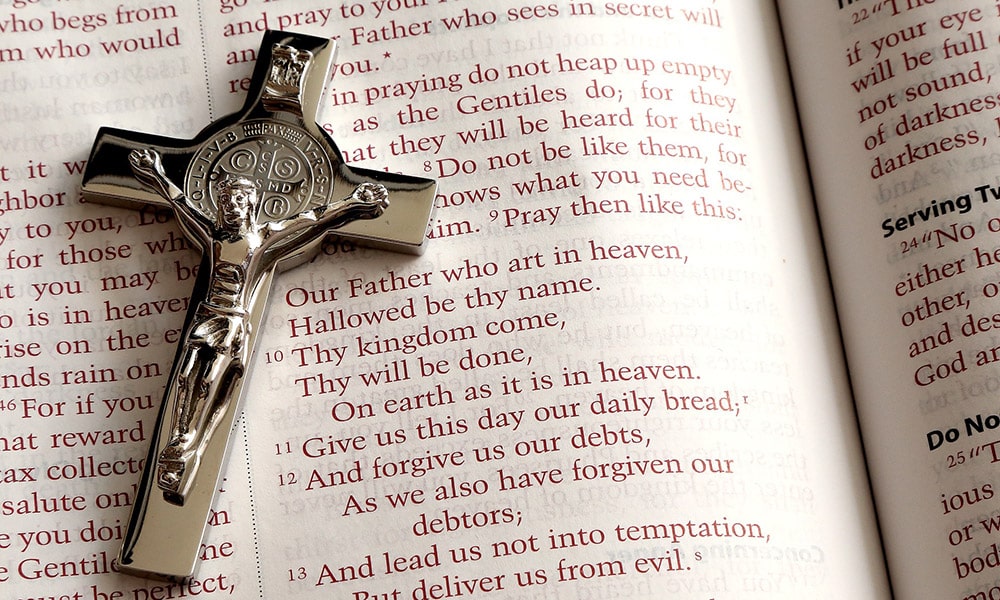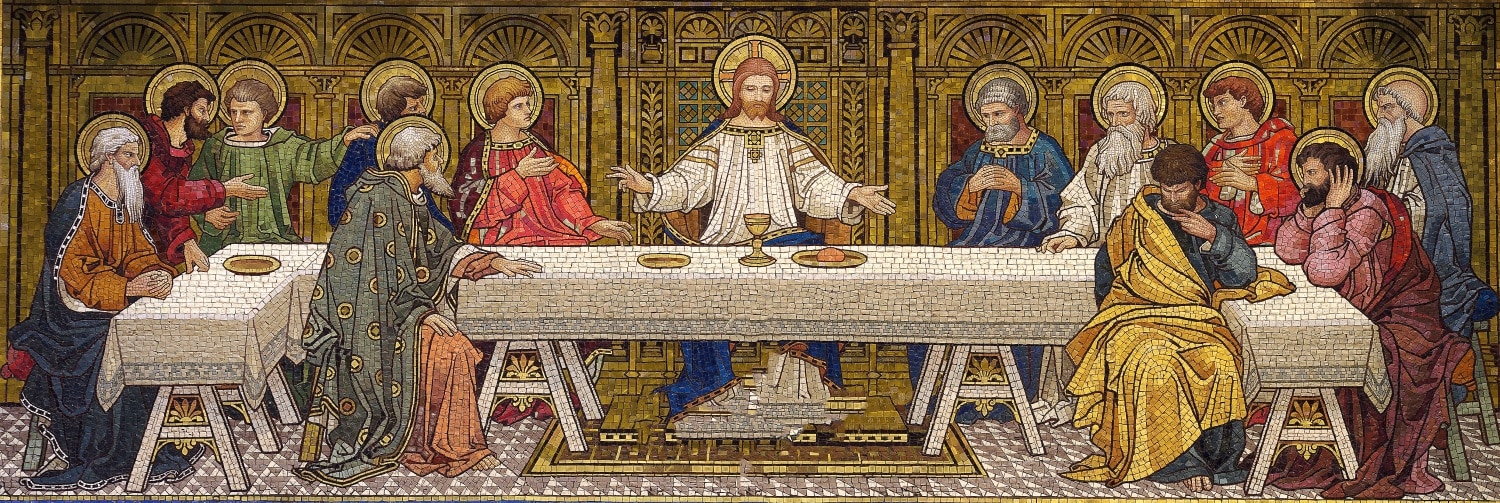Throughout the Gospels, we hear regularly about the Pharisees. A Pharisee, in the popular imagination, chooses the Law over mercy. They are the hypocritical men, challenging Jesus’ authority around every corner.
The problem with popular tropes is they often block our encounter with the Scriptures. The Pharisee becomes something like a stock character. He’s the bad guy. We know it.
While there are grounds for a historical conflict between the Pharisees and early Christians, we shouldn’t be too quick to dismiss them as an “enemy.” Because such a dismissal, ironically, was precisely the problem with the Pharisees in the first place.
We tend to be suspicious of the law. As American Christians, reared in a certain evangelical culture, we want to highlight the power of grace versus the perils of the law.
Israel did not understand the Law as a burden imposed from a capricious God. The Law was full of grace. We hear in Deuteronomy: “Now therefore, Israel, hear the statutes and ordinances I am teaching you to observe, that you may live, and may enter in and take possession of the land which the Lord, the God of your ancestors, is giving you” (Dt 4:1).
| 22nd Sunday in Ordinary Time – Sept. 2, 2018 |
|---|
|
DT 4:1-2, 6-8
PS 15:2-3, 3-4, 4-5
JAS 1:17-18, 21B-22, 27
MK 7:1-8, 14-15, 21-23
|
Notice that the Law is a source of abundant life. The psalmist compares the one who follows the Law to the tree planted alongside a river, who “yields its fruit in season; Its leaves never wither; whatever he does prospers” (Ps 1:3).
To know the Law is to encounter God’s very wisdom, to become capable of incarnating this wisdom into a way of life. Who wouldn’t want everyone to have the gift of the Law, of divine grace?
But like all law, even Israel’s could be used as a way of exclusion. The Pharisees keep the Law but are aghast that Jesus gathers around him disciples who eat a meal with unclean hands. The Law, rather than a source of grace, has become a measure of who’s in and who’s out.
Jesus’ disciples are out.
Jesus challenges both the Pharisees as well as us. Our Lord preaches that defilement is not a matter of simply cleaning one’s hands. Rather, defilement is an impure heart.
Jesus does not abrogate the Law. He doesn’t say, “I let my disciples do whatever they want. After all, mercy.”
No! He gets to the heart of the Law: holiness, to become that fruitful tree planted alongside a river.
Early Christians, through the influence of St. Paul, allowed baptism of Gentiles who didn’t follow the Law. But, they also didn’t dismiss it due to mercy.
We hear in James that we are to practice a religion that is pure and undefiled: “to care for orphans and widows in their affliction and to keep oneself unstained by the world” (Jas 1:27). The Law for Christians becomes the self-emptying love of Jesus Christ manifested on the cross.
Thus, for us Christians, there is something to do. To follow Jesus Christ. This means that whatever person we have determined to be, a contemporary “Pharisee” is not our enemy. Because we don’t have enemies! We only meet men and women who are potential friends, fellow worshippers of God.
The Gospel this week isn’t about discovering our own righteousness, unlike those evil, hypocritical Pharisees. The Gospel is about conforming ourselves to the measure of all love, Jesus Christ.
Timothy P. O’Malley, Ph.D., is managing director of the McGrath Institute for Church Life.





